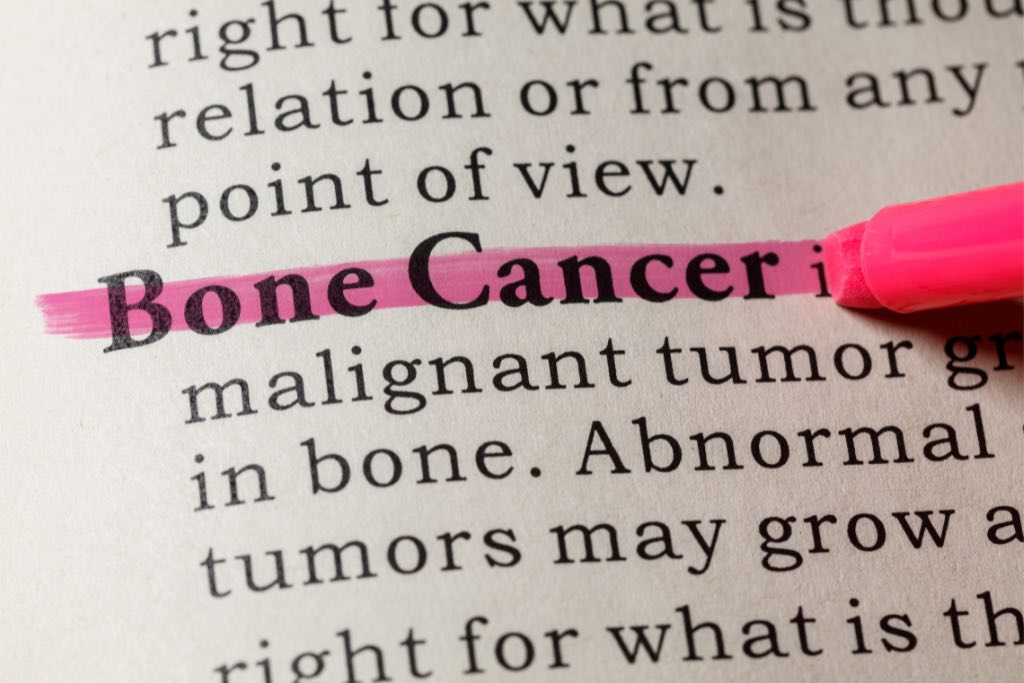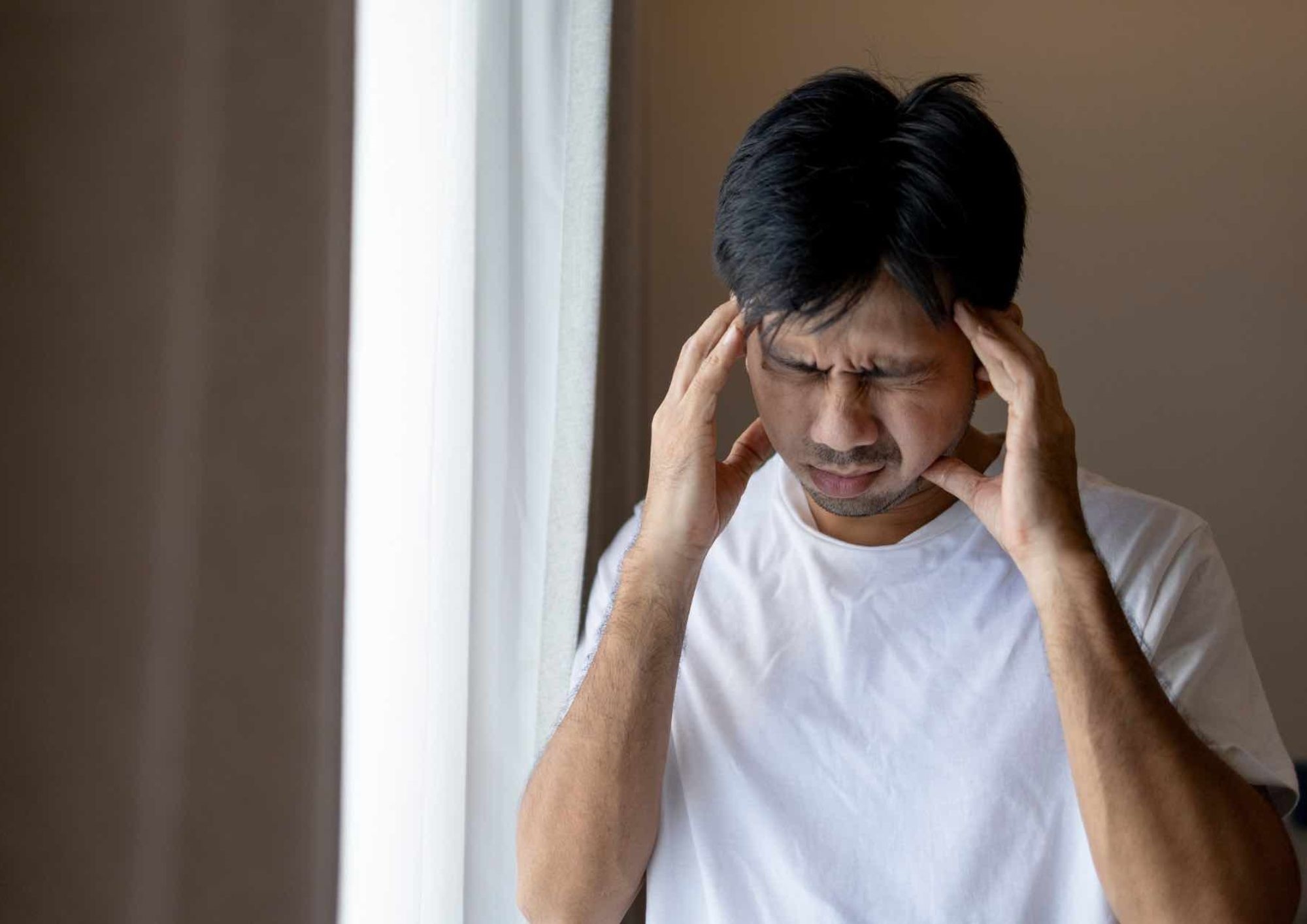What Are The First Signs Of Bone Cancer?

Bone cancer can manifest with various signs and symptoms, but it's important to note that these symptoms can also be indicative of other, more common conditions.
Some potential early signs of bone cancer:
Pain -
Bone pain is a common symptom of bone cancer. The pain may initially be mild and intermittent but can become more severe and persistent as the cancer progresses. The pain is often described as deep, aching, and localised to the affected bone.
Swelling -
Swelling or a noticeable lump near the affected bone can occur. The lump may feel firm and tender to the touch. Swelling may not always be painful.
Fractures -
Bone cancer can weaken the affected bone, making it more prone to fractures (breaks). Sometimes, a fracture occurs without significant trauma or injury, and this can be a sign of underlying bone cancer.
Limited Range of Motion -
If the tumour is near a joint, it may restrict the joint's range of motion and cause stiffness.
Unexplained Weight Loss -
Significant, unexplained weight loss can be a symptom of various cancers, including bone cancer.
Fatigue -
Fatigue and a general feeling of unwellness may accompany bone cancer, especially as the disease progresses.
It's important to remember that these symptoms can also be caused by many other conditions or injuries. If you or someone you know is experiencing any of these symptoms, consult a healthcare professional. They will conduct a thorough evaluation, which may include imaging studies (X-rays, CT scans, MRI) and possibly a biopsy to confirm or rule out bone cancer.
Early detection and treatment can greatly improve the prognosis for bone cancer, so it's crucial not to ignore persistent or unusual symptoms.
What are the most common symptoms of bone cancer?
The most common symptoms of bone cancer are persistent bone pain, swelling and tenderness, unexplained fractures and limited range of movement (likely caused by a tumour near a joint).
How does someone with backache suspect it could be bone cancer?
While back pain is a common complaint and often not related to bone cancer, it's essential to be aware of the signs and symptoms that might suggest bone cancer as a possibility, especially if the pain is persistent or associated with other concerning factors.
Here are some indicators that someone with backache should consider when suspecting bone cancer:
Persistent and Unexplained Pain -
If you have back pain that is persistent, severe, and not alleviated with rest or over-the-counter pain medication, it may raise suspicion. Bone cancer-related pain often becomes progressively worse over time.
Localised Pain -
Bone cancer pain is often localised to a specific area of the spine or a particular bone. It may be deep, aching, and constant.
Pain at Night -
Bone cancer pain can be more pronounced at night or during periods of physical activity. If you notice that your back pain is worse at night and not related to a recent injury, it could be a concern.
Other Symptoms -
Pay attention to any additional symptoms, such as swelling, tenderness, or a noticeable lump near the site of pain. These can be signs of a tumour in the bone.
History of Cancer -
If you have a personal history of cancer or a family history of bone cancer, you may be at a higher risk. Discuss any new or unusual symptoms with your healthcare provider.
Age -
While bone cancer can occur at any age, it's more commonly diagnosed in children and young adults. If you or your child has persistent back pain that doesn't improve with conservative treatments, consult a doctor.
It's important to remember that many causes of back pain are not related to cancer, such as muscle strains, herniated discs, or osteoarthritis. However, if you are concerned about the possibility of bone cancer, or if your back pain is not improving with time and basic treatments, consult a healthcare professional. They can conduct a thorough evaluation, which may include imaging studies (like X-rays, CT scans, or MRIs) and potentially a biopsy if necessary to rule out or diagnose bone cancer.
How long should you leave suffering symptoms before seeing your GP?
If you have any symptoms that you are worried about, it’s best to book an appointment with your GP straight away to get it checked out.











